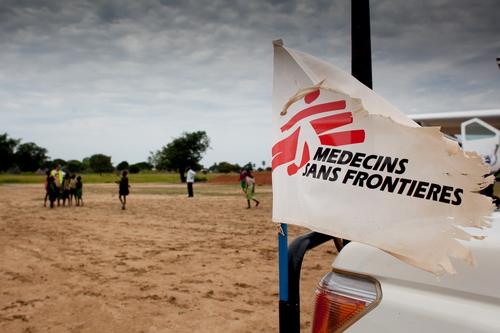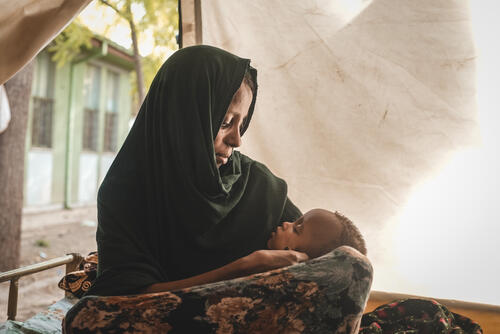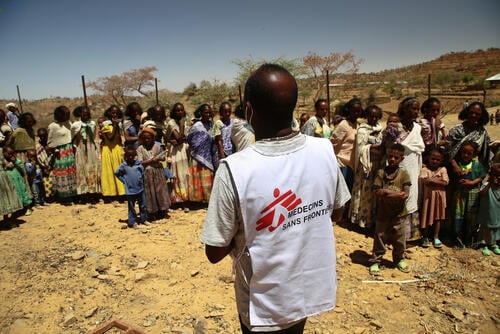On 24 June 2021, three Médecins Sans Frontières (MSF) staff members were killed in the Tigray region of Ethiopia. MSF has searched for answers to why they were killed and by whom ever since. The New York Times has today published an article following an investigation to the murders. Paula Gil, the president of MSF Spain, issues the following statement in response:
Today, 17 March, The New York Times published an investigation into the killings of our colleagues María Hernández Matas, Tedros Gebremariam, and Yohannes Halefom in Tigray, Ethiopia, on 24 June, 2021. The story places responsibility for the killings on the Ethiopian National Defense Force (ENDF), including the direct involvement of an ENDF commander.
We urge the Federal Democratic Republic of Ethiopia (FDRE) to respond to this reporting, which attributes responsibility for the intentional killings of our colleagues to members of its military force, the ENDF.
Since the tragic deaths of our colleagues, Médecins Sans Frontières (MSF) has relentlessly tried to understand the full circumstances behind these killings and obtain an acknowledgment of responsibility. The preliminary findings of our own internal review, which have been shared with the Ethiopian authorities, did not confirm with certainty who the perpetrators were or their motives.
Both in public and bilaterally, we have engaged both parties present in the area where the killings took place – the ENDF and TPLF – and conveyed specific requests and questions regarding their potential involvement in the incident. We have also asked them to share the findings of their investigations and reviews with us and with María's, Tedros', and Yohannes’ families. As of today, we still do not have any clarity on the circumstances that led to the killings or an acknowledgement of responsibility. Through our bilateral engagement, we know there is an ongoing FDRE investigation and we believe it is urgent for them to share their findings.
We need clarity from all parties on what happened on that terrible day and we will continue our bilateral engagement to obtain that information. The safety of the humanitarian staff providing medical care and assistance across Ethiopia urgently requires that adequate measures be taken to prevent such a tragic incident from ever happening again. The memory of María, Tedros and Yohannes, the pain of their close relatives, friends and colleagues need solace and closure. We need answers.






